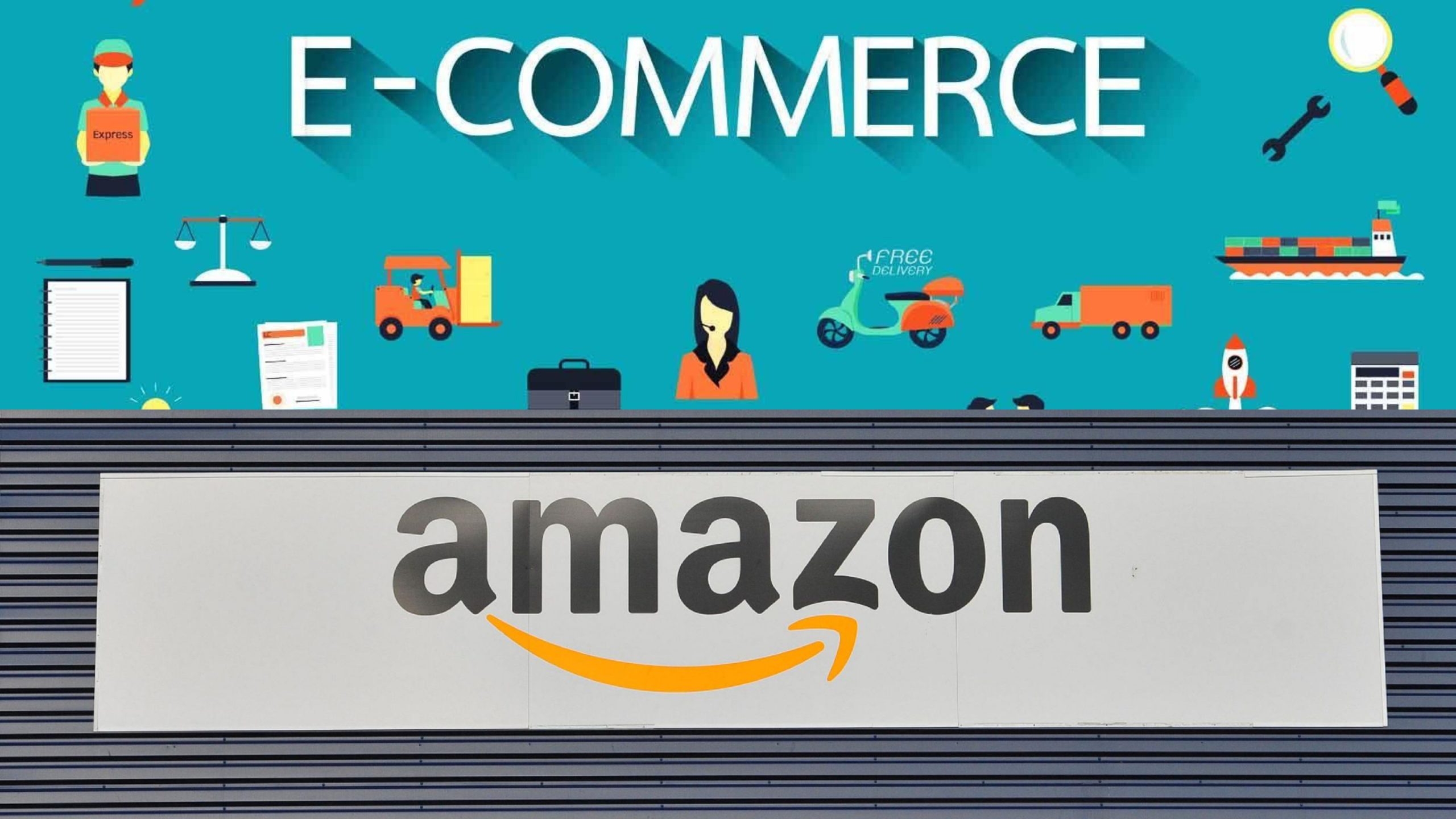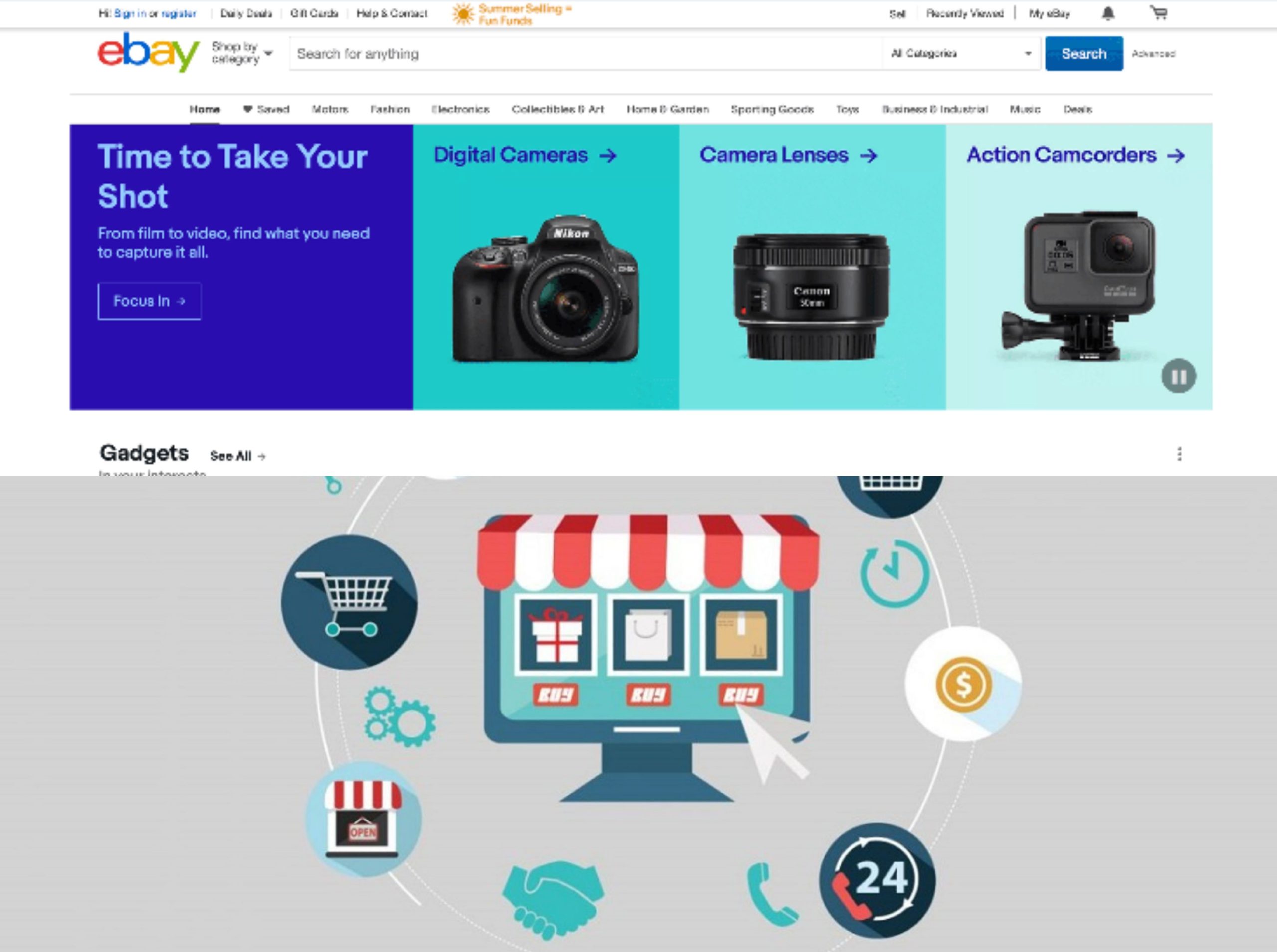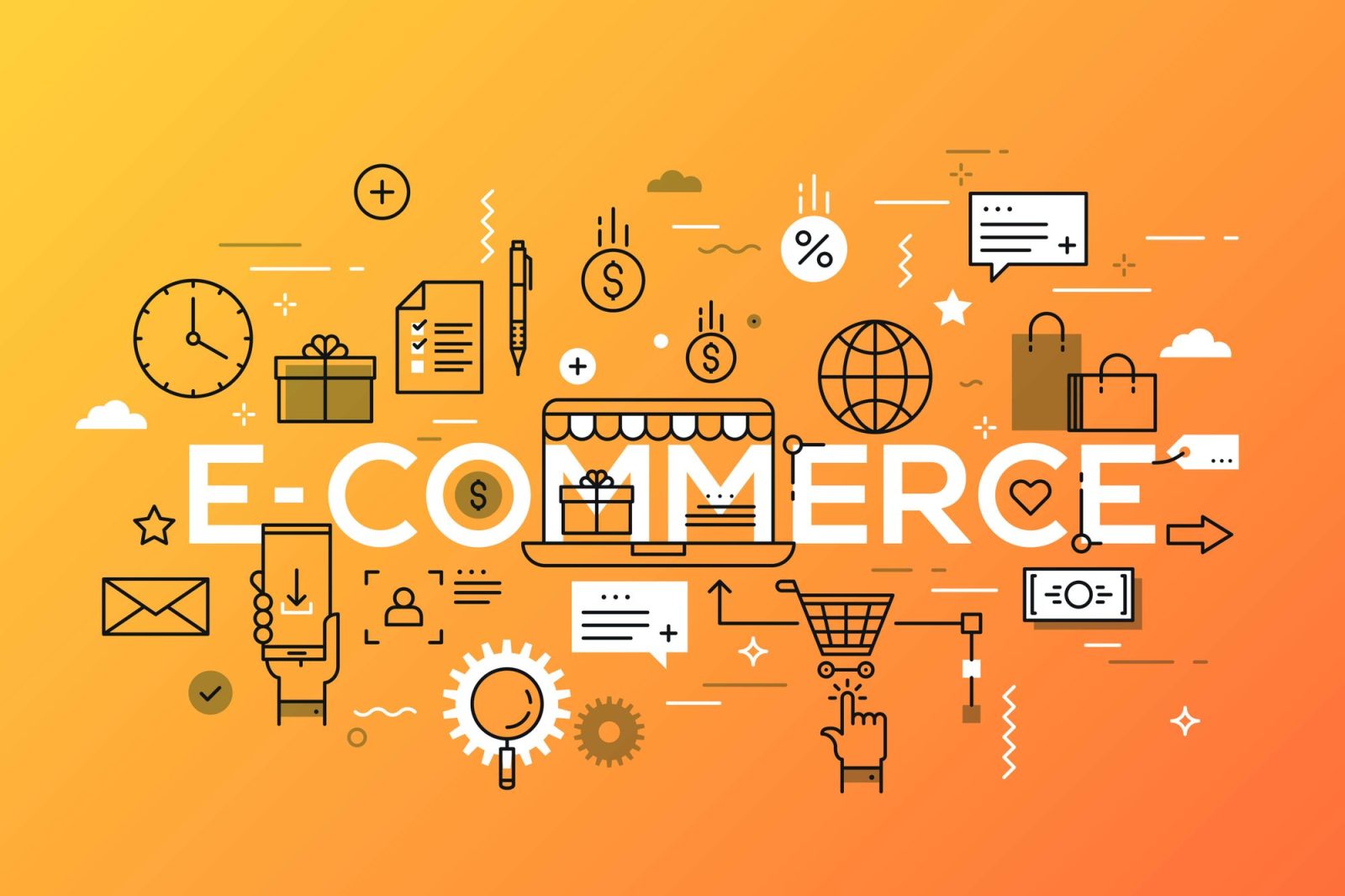Purpose-driven content has emerged as a primary focus for e-commerce marketers, with 18% ranking it as their top priority.
The integration of purpose-driven content into marketing strategies allows brands to forge deeper connections with their audiences and differentiate themselves from competitors.
It’s no longer just about visibility; it’s about fostering meaningful relationships that drive engagement and loyalty. Brands are increasingly emphasizing content that resonates with audiences while also ranking well on search engine results pages.
Additionally, AI and ‘trusted’ content are gaining traction as top investments among marketers.
The proliferation of accessible AI software has led to a significant interest in integrating AI into strategies to boost efficiency and reduce costs.
However, despite AI’s growing prominence, there remains a notable knowledge gap, with 18% of marketers admitting to a lack of understanding regarding its implementation.

To address this gap, brands are prioritizing in-house training and upskilling in 2024 to enhance technical capabilities among staff.
This will enable them to harness AI to comprehend user journeys, understand audience behavior online, and optimize conversions from invested channels.
While AI adoption is a priority, there is cautiousness surrounding its ethical implementation. Data leaders within companies must be cognizant of AI’s implications for data protection, privacy laws, copyright, and its impact on websites and user experience.
Ethically compliant AI usage, aimed at enhancing rather than replacing current skill sets, is a key takeaway.
Furthermore, marketers are bracing for significant changes in the search engine space, particularly with factors like the emergence of AI and cookie deprecation.

Many cite ‘search engine updates and volatility’ as key challenges for 2024, with Google’s March 2024 algorithm update heightening concerns.
The update led to a drastic drop in rankings for thousands of websites, primarily attributed to the use of AI-generated, low-quality content.
Despite these challenges, many brands still primarily invest in paid ads, underestimating the impact of organic and earned channels. Marketing leaders must validate traffic through analytics, particularly organic content’s influence on consumer purchasing decisions.
Investing in AI tools and strategies that illuminate the influence of organic channels is increasingly crucial.
Brands that prioritize adaptation and innovation will effectively grow their online presence and cultivate consumer trust throughout 2024, all while adhering to ethical standards and promoting positive societal impact.






Leave a Reply